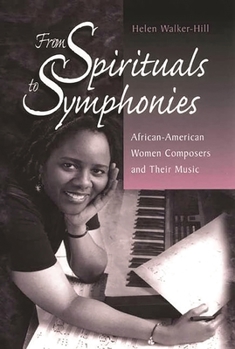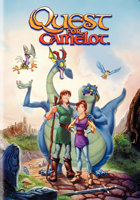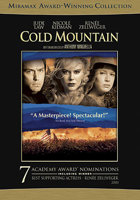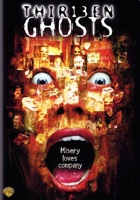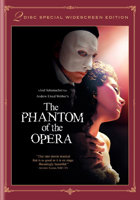From Spirituals to Symphonies: African-American Women Composers and Their Music
Select Format
Select Condition 
You Might Also Enjoy
Book Overview
African-American women composers remain largely unknown despite their important musical contributions. Active in the United States since the late-19th century, several gained national and international recognition during their lifetimes, only to have their work neglected after their deaths. From Spirituals to Symphonies is a unique, extensively researched examination of the history and scope of musical composition by African-American women, focusing on the implications of race, gender, and class for their musical creativity, and demonstrating how this important, underappreciated category of American art was shaped by the unique individual personalities of its participants.
Their particular times, communities, families, racial heritages, economic circumstances, education, and musical training were all brought to bear on their music, and author Helen Walker-Hill challenges the assumption that black women's only important musical contributions have been in folk, jazz, and pop. With unprecedented detail, she charts the lives and the output of a group of artists whose work has gone unnoticed for too many years.Format:Hardcover
Language:English
ISBN:0313299471
ISBN13:9780313299476
Release Date:March 2002
Publisher:Greenwood
Length:432 Pages
Weight:1.75 lbs.
Dimensions:1.4" x 6.6" x 9.6"
Customer Reviews
5 customer ratings | 3 reviews
There are currently no reviews. Be the first to review this work.











